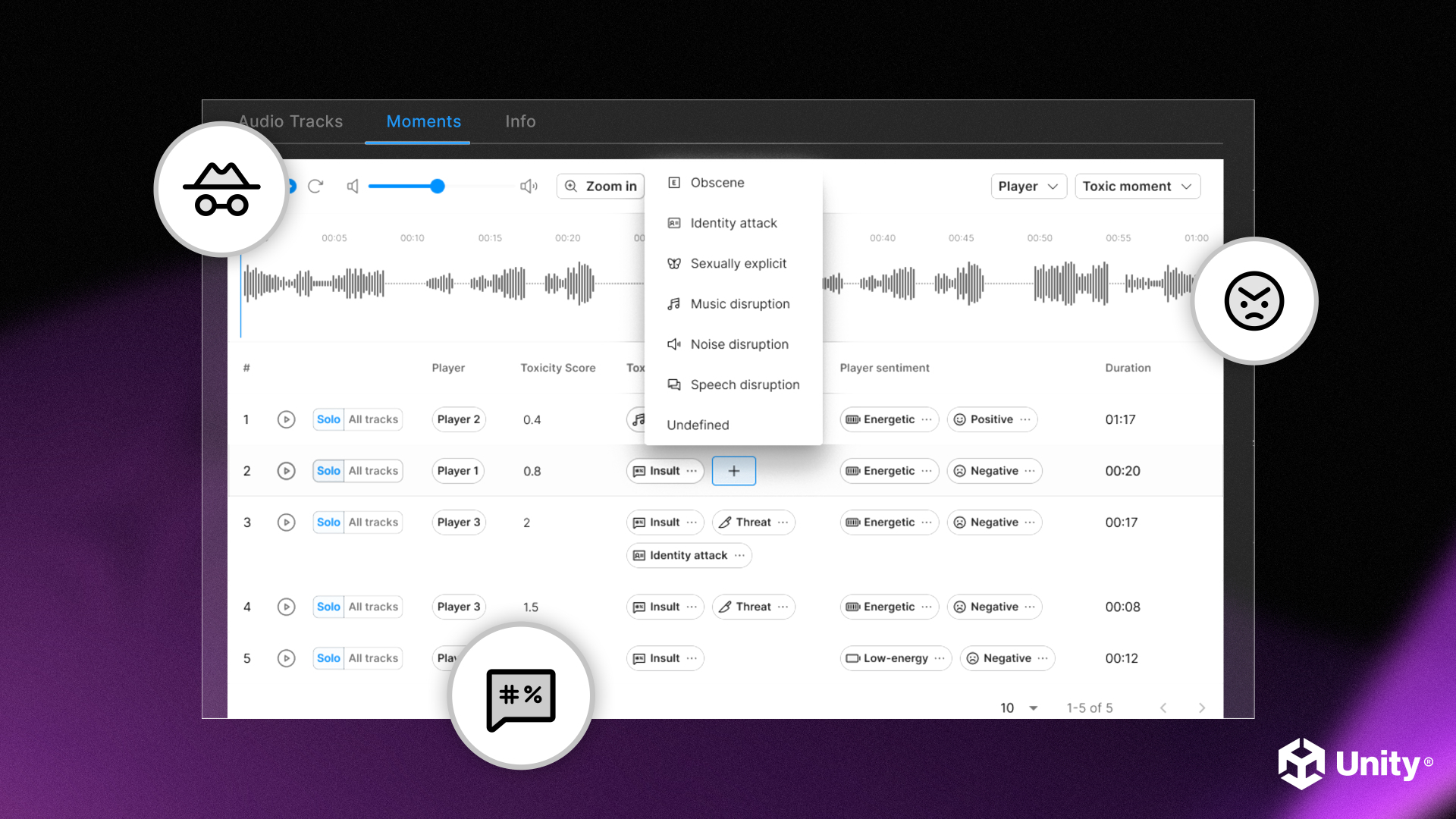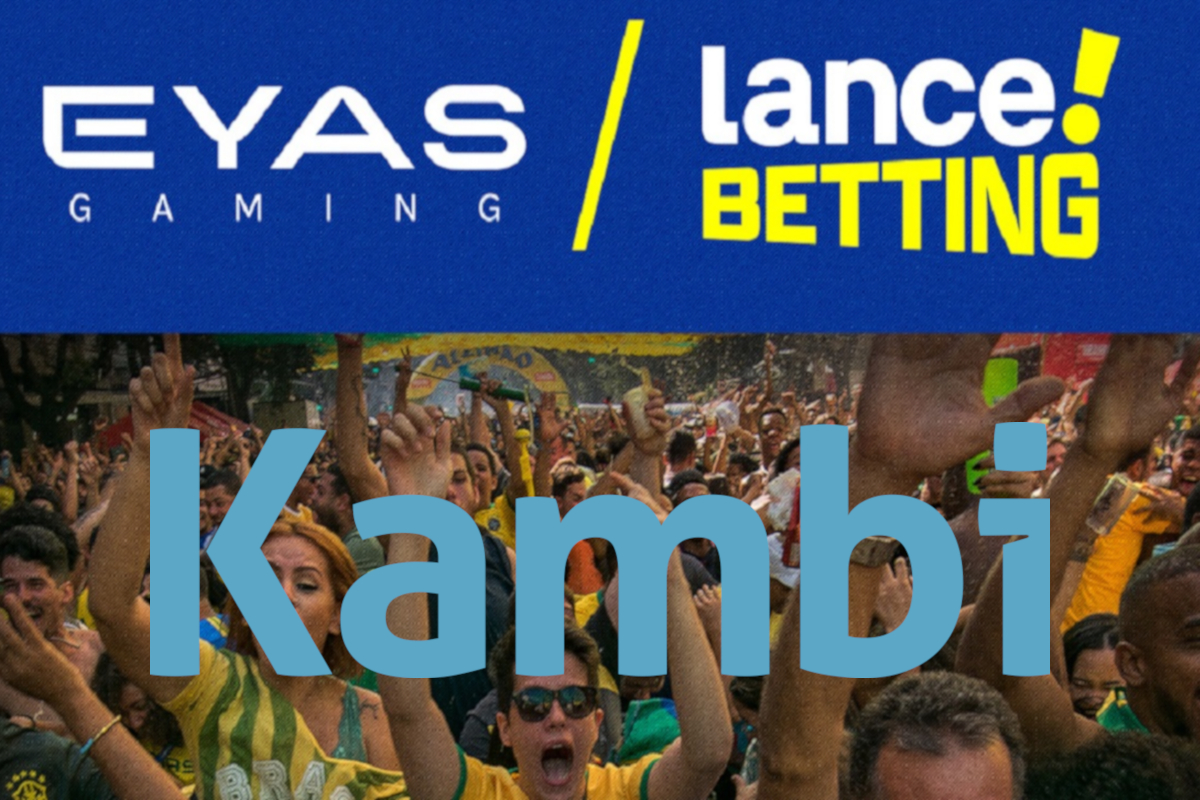
Impactful Utility – Quantifying Abilities’ Influence on Valorant Match Outcomes
In the ever-evolving world of competitive gaming, Valorant has emerged as one of the most popular and exciting titles in the realm of esports. With its fast-paced gameplay and strategic depth, Valorant has captivated millions of players worldwide. One of the key elements that sets Valorant apart from other first-person shooters is its emphasis on agent abilities, which can greatly impact the outcome of a match. In this article, we delve into the concept of impactful utility and explore how quantifying abilities can shed light on their influence on Valorant scores match outcomes.
Valorant is a team-based tactical shooter where players assume the roles of agents, each equipped with unique abilities. These abilities range from offensive tools such as fireballs and smokescreens to defensive measures like healing and barriers. Understanding how these abilities affect match outcomes is crucial for both players and spectators alike.
To quantify the impact of abilities on match outcomes, several factors come into play. First and foremost is the inherent power level of each ability. Some abilities can single-handedly turn the tide of a round, while others may have a more subtle influence. For example, the ultimate ability of Jett, an agile duelist agent, allows her to quickly reposition on the map, potentially catching opponents off guard. This ability can be considered highly impactful due to its potential to secure crucial kills or defuse a bomb.
Another factor to consider is the versatility of an ability. Versatile abilities are those that can be used in a variety of situations, giving players more options and flexibility. Cypher, a sentinel agent, possesses a surveillance camera that can be placed in strategic locations to gather valuable information about enemy movements. This ability not only provides crucial intel to the team but also acts as a deterrent to opponents, impacting their decision-making. The versatility of Cypher’s ability adds to its overall impact on match outcomes.
Timing is yet another critical aspect when quantifying the influence of abilities. The ability to use an ability at the right moment can be the difference between victory and defeat. For instance, Brimstone, a controller agent, has the ability to call in a powerful orbital strike that deals significant damage to enemies within its radius. Properly timing this ability to catch opponents off guard or deny them entry into a bombsite can lead to a decisive advantage for Brimstone’s team.
Furthermore, team coordination plays a vital role in maximizing the impact of abilities. Valorant is a team-oriented game, and the effectiveness of an ability often relies on the synergy between agents. Certain abilities work best when combined with others, creating powerful synergistic effects. For example, the ultimate ability of Sova, an initiator agent, allows him to fire a global recon bolt that reveals enemy positions. When combined with a well-placed smoke screen from Omen, a controller agent, the recon bolt becomes even more impactful as it provides the team with precise information while denying the opponents the same luxury.
Quantifying the influence of abilities on match outcomes can also be approached through data analysis. By collecting and analyzing match data, including win rates and round outcomes, it becomes possible to identify patterns and trends. This data-driven approach can provide valuable insights into the impact of specific abilities on overall match success. Additionally, statistical analysis can help identify overpowered or underutilized abilities that may require balancing adjustments from the game developers.
In conclusion, the concept of impactful utility in Valorant showcases the significance of agent abilities in determining match outcomes. The power level, versatility, timing, and team coordination all contribute to the impact an ability can have on the course of a match. By quantifying these factors and utilizing data analysis, we can gain a deeper understanding of how abilities influence the game and potentially shape the metagame of Valorant. As the esports scene continues to grow, it is essential for players, teams, and spectators to appreciate and study the impact of abilities in this dynamic and strategic FPS title.










